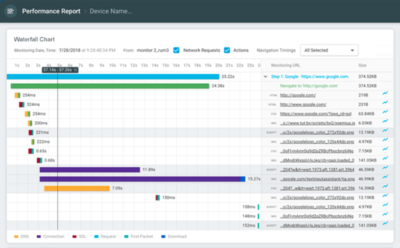The Face of Success: Insights from BigPanda's "IT Ops from Home" Virtual Summit
Close to IT 400 professionals from some of the most prominent enterprises in the retail, financial, technology, pharma and manufacturing industries attended our “Face of IT Ops from Home” virtual conference, enjoying a keynote session featuring Sony Playstation and State Farm Insurance, and three breakout sessions with Ulta Beauty, AWS and BlackRock 3.











